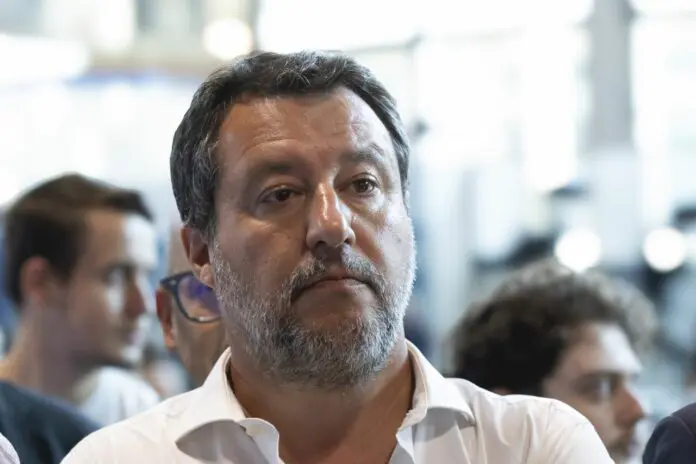In a clear display of unity, Italy’s center-right coalition, led by Giorgia Meloni, Matteo Salvini, and Antonio Tajani, reaffirmed its commitment to governing after a summer filled with speculation and rumors of discord. During a key meeting at Palazzo Chigi, where the coalition leaders agreed on Raffaele Fitto as Italy’s candidate for the European Commission, they emphasized the coalition’s enduring solidarity and their shared vision for the country. The joint statement underscored the coalition’s ability to synthesize diverse viewpoints and deliver results to the Italian people.
Prime Minister Giorgia Meloni used the meeting to outline her administration’s priorities for the upcoming budget law. Central to this is the extension of the tax and contribution cuts that were implemented on May 1, 2023, benefiting those with incomes up to €35,000. The coalition also plans to provide tax relief to larger families, aiming to create a balanced and serious budget law, just as in previous years.
Meloni’s Call for Unity and Continued Reform
Meloni highlighted the importance of unity within the coalition, noting that the government’s effectiveness is rooted in this cohesion. Despite the challenges and opposition, she urged her colleagues to remain steadfast in their mission to leave Italy in a better state than they found it. She emphasized that the coalition’s true strength lies in its ability to work together, despite differences, to implement the program approved by the voters.
The Prime Minister also addressed the need to communicate the government’s successes more effectively, particularly in light of the latest Svimez report, which shows that the GDP in Southern Italy has grown faster than the national average in 2023. This growth challenges the opposition’s narrative that the government is neglecting the South and aims to divide the country with policies like differentiated autonomy.
Tackling Migration and Economic Stability
Meloni expressed satisfaction with the government’s progress on managing migration flows, citing a significant decrease in illegal arrivals and a more favorable approach from the European Union. She attributed these successes to the government’s diplomatic efforts and agreements with African nations like Tunisia and Libya, which have helped reduce both arrivals and fatalities at sea.
The government is also focused on stabilizing the economy through prudent fiscal policies. The upcoming budget will continue to prioritize support for businesses that create jobs and measures to strengthen the purchasing power of families, especially those with children. Meloni made it clear that the era of indiscriminate bonuses is over, with a renewed focus on long-term economic health.
New Budget Procedures and EU Compliance
Finance Minister Giancarlo Giorgetti briefed the cabinet on new budget procedures, including the mid-term structural budget plan required by the reformed EU Stability and Growth Pact. This plan, which Italy must submit by September 20, 2024, outlines the country’s spending trajectory and necessary reforms. The aim is to align with the EU’s new fiscal rules while ensuring sustainable economic growth.
The meeting also addressed the unity within the coalition, with Salvini noting that while there were differences over issues like the “Ius Scholae” and immigration during August, the coalition remains committed to its government program. Salvini dismissed the “Ius Scholae” debate as a distraction, emphasizing that the coalition’s focus should be on more pressing issues like wages, pensions, and tax cuts.
Conclusion: Looking Ahead with Confidence
As the center-right coalition prepares for the next three years of governance, it is determined to stay united and focused on the priorities that matter most to Italians. The recent discussions and reaffirmation of their commitment to the government’s program signal a strong start to the political season, with leaders like Meloni and Salvini emphasizing that their unity and shared vision will continue to guide their efforts in delivering on the promises made to the electorate.

